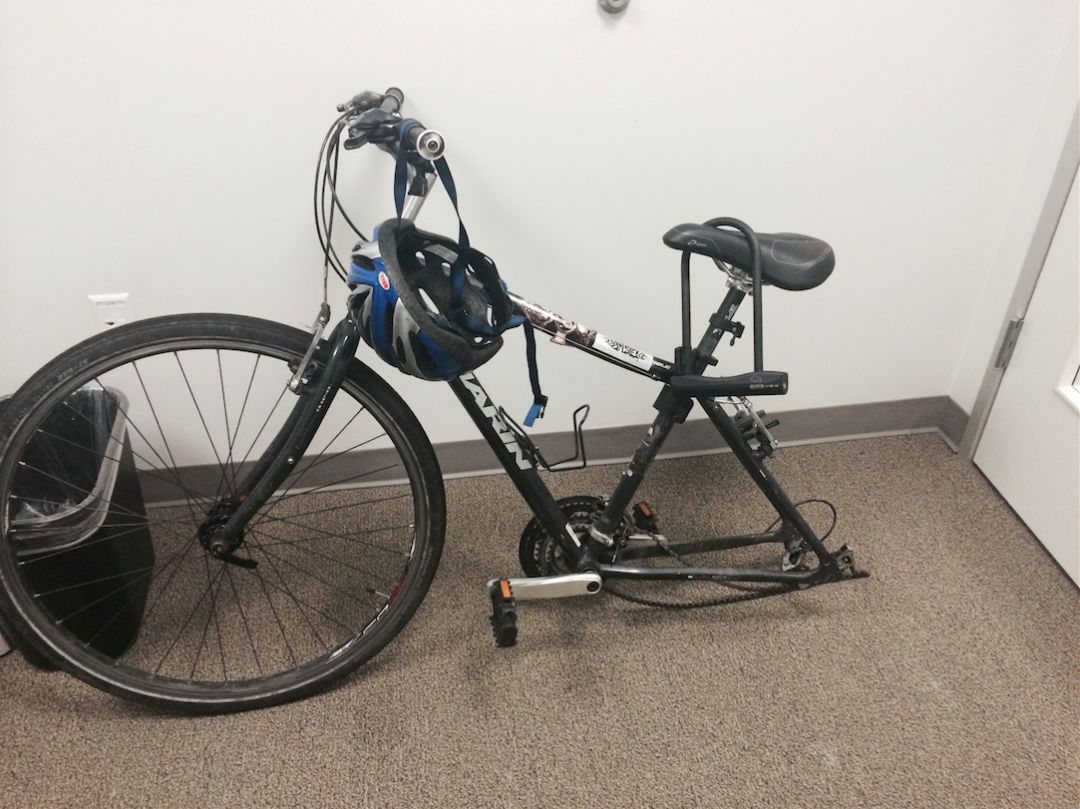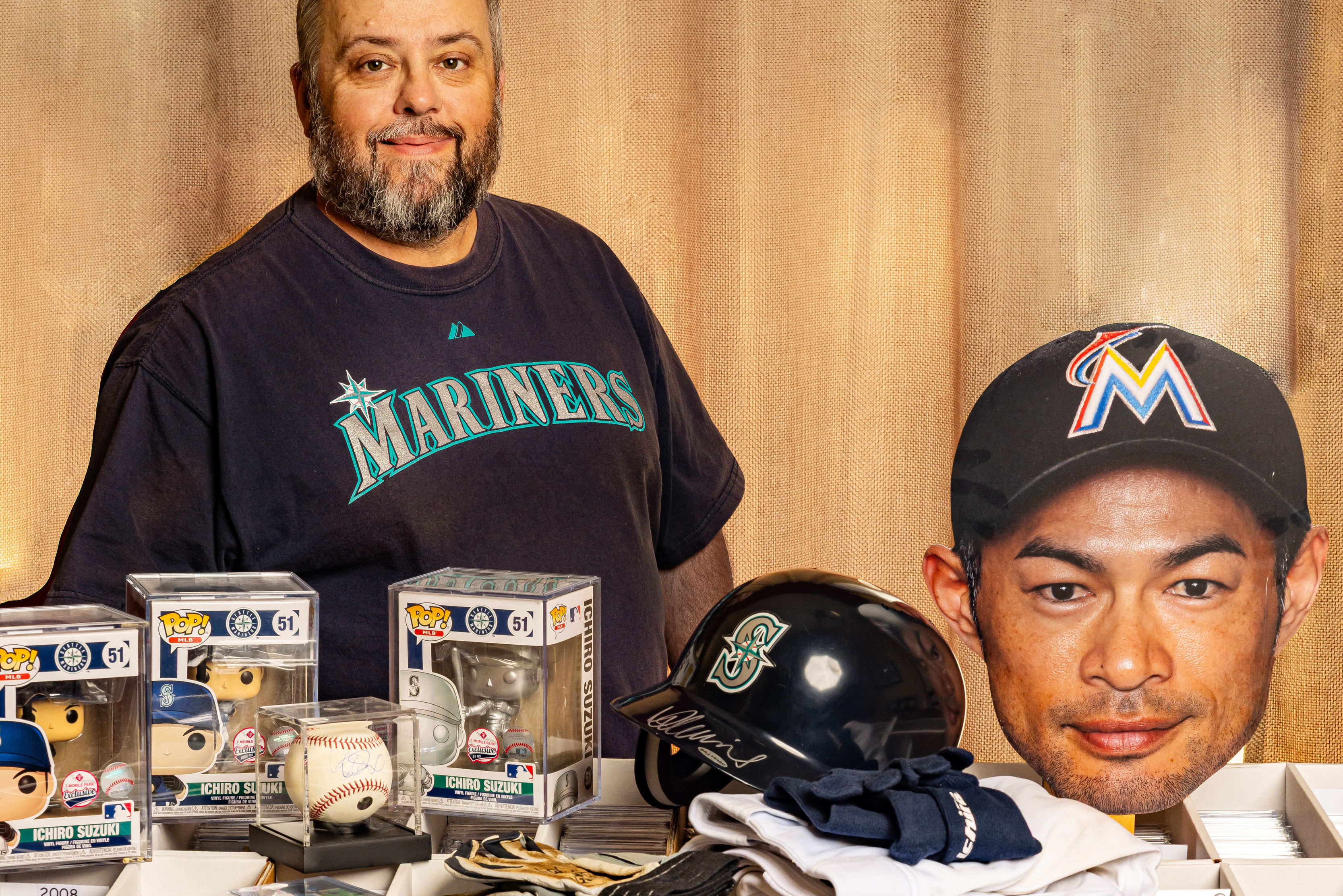A Bike Policy for Adults
After reveling in an anecdote about shopping at Target, today’s Seattle Times column against a city-owned bike share system implodes in the last paragraph when veteran Times business writer and now editorial board member Brier Dudley makes his alternative proposal. He suggests that the city should spend the money instead, on bikes for kids. And there you have it. With this flourish of condescension (bikes are for kids…and presumably they grow up and out of them and into cars), Dudley makes it clear he doesn’t get the point of mass transit: The Seattle Department of Transportation envisions bikes as part of the working world, where actual adult commuters use bikes in sync with the bus and light rail network.
I too am skeptical about this $6.4 million SDOT Pronto deal. I have been pressing the city for answers about SDOT director Scott Kubly’s past relationship with Pronto’s lead contractor Motivate for weeks; Motivate will also be a likely bidder on any future city bike share contract. And I also broke the story that SDOT, without the city council’s knowledge, had already spent $305,000 to keep Pronto alive in the first place.
However, I’m not about to turn that story of sloppy city governance into a case against bike sharing itself.
In addition to the non sequitur ending, Dudley begins his column with a grand miscue. He tells an anecdote about someone buying their own cheap bike as a way to demonstrate that personal ownership is more efficient than investing in public bike sharing. For starters, $99 for a bike and a bike lock (that was Dudley’s one case study) doesn’t sound like a combo that will stand up to daily commuting and thieves. (It's true that you can find basic bikes for between $80 and $300, but a durable, reliable commuter bike will run you more like $300 to $800.) More important, his suggestion totally misses the point, again, of SDOT’s plan to make bike share a component of public transit. Efficient transit planning can’t rely on random private purchases. If SDOT wants to facilitate and manage a system for the greatest impact, it needs targeted deployment of bikes, and it needs to make sure there are enough bikes in the system to actually give everyone options. Seattle City Light, for example, doesn’t set goals around energy conservation and then wait for homeowners to clip coupons for LED lights. They provide a city rebate on LED purchases.
Furthermore, bike share can actually create more “mobility and freedom” (Dudley’s description of private ownership) than spending $500 to own your own commute bike. Here's why: Bike sharing doesn’t require people to haul their bikes with them everywhere they go during the day. Can Metro buses accommodate the kind up uptick in daily bike use SDOT has in mind? (And I, for one, am tired of dealing with my vandalized bike time and time again when I have to lock it up downtown during the workday. By simply leaving a city bike at a dock station, bike share will leave me care and car free.)

Beyond the dreamy Target scenario, Dudley’s central argument is this:
City Hall claims to be data savvy. So when data show something isn’t working as promised, it should be able to change course, own the mistake and learn from it. Seattle’s signature companies do this all the time, and that’s why they succeed. They would fail if they never let go of costly, failed projects.
Dudley’s “isn’t working” link takes you to a Seattle Times article rather than to the data.
What the data actually shows is this:
With about $608,000 in annual user revenues and $700,000 in sponsorships, Pronto was close to breaking even on its $1.3 million in costs. (Here’s a detailed city council memo.) The data also showed Pronto had 3,000 members. And the system boasted more than 140,000 trips in a little over a year.
Additionally, research shows that bike sharing is a major success in comparably-sized cities such as Boston and D.C. Finally, SDOT ran a detailed regression model which demonstrated something else: When systems expand, ridership expands exponentially. It’s known as the network effect. And this is why Pronto wasn’t working. Ridership stalled because the system wasn’t expanding. Publicly owned models—like D.C. and Boston—have expanded and ridership has boomed along with that expansion.
As to Dudley’s comparison to nimble private sector companies “changing course”—isn’t that exactly what SDOT is proposing? They see bike sharing as a key component of a high-functioning, low-carbon modern city. And taking a tip from storied private industry startups, SDOT, after trying out one version, is pivoting to follow the lead of more successful models.
Ultimately, judging from Dudley’s derisive use of terms like “pet programs” and “special-interest groups” (commuters are special interests?), and judging from his dramatic juxtaposition between bike share expenditures and spending money on homelessness or the heroin epidemic—it’s clear he simply doesn’t see bike share as a legit public policy goal. His concluding suggestion about bikes for kids revealed the same bias. Bias is fine. It was an editorial.
And I too think SDOT and Pronto messed up; for starters, they shouldn't have had a bifurcated system: A downtown network and a U. District network. That setup sabotaged the network effect.
But random anecdotes about $99 bikes at Target cannot substitute for a proactive public investment to repurpose existing infrastructure so SDOT can efficiently manage transit. And, by the way, SDOT put $7 million for safe routes to schools in the new transportation levy, so children are part of the city's comprehensive strategy as well.
***
Initially, the most compelling argument I heard against the Pronto deal was that the city needs to build more bike infrastructure first to make sure bike sharing is viable in the first place. I addressed that argument last week with an editorial called "Bike Sharing IS Bike Infrastructure."




